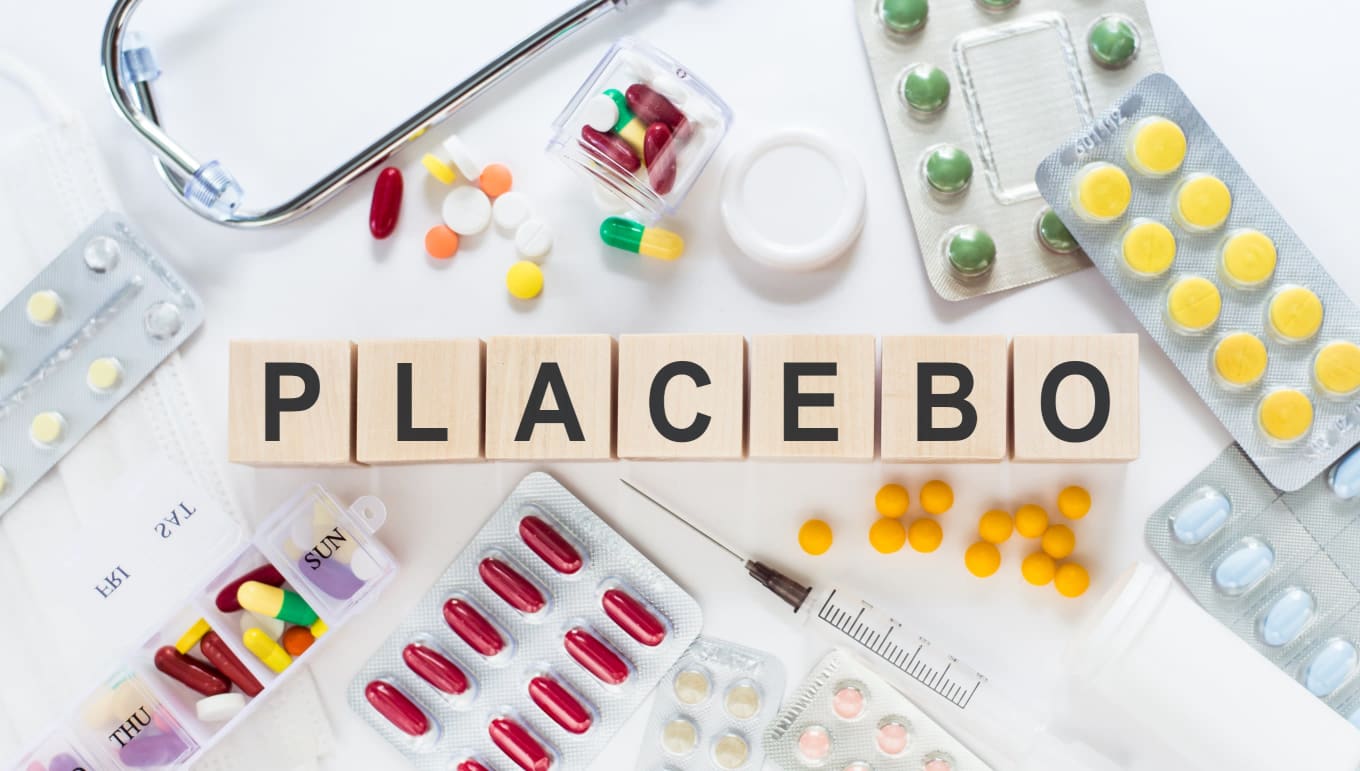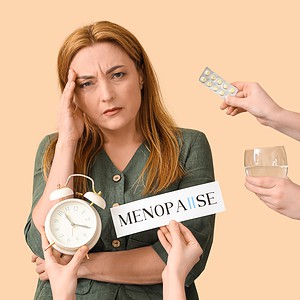If you want to make changes to your life, believing you can may be the secret ingredient.
Change, whether to a habit, diet or lifestyle, isn’t always easy. But, according to research, harnessing the power of your brain could help to oil the wheels of change.
It might sound like something from a new-age, self-help book, but there is plenty of research to show how dummy drugs, lucky charms and rituals can all help to affect the body or our behaviour.
They work, not because they contain any special properties, but because of how they affect the brain.
The placebo effect
Research into the placebo effect, for instance, has found that when we believe something will make us feel better (note, ‘feel’ better) it often will, despite containing no medical or magical properties.
A placebo is usually a dummy drug that is often administered for research purposes, but can be any kind of intervention.

Possibly one of the most remarkable is ‘sham surgery’ for back pain; during which patients have been led to believe they have had corrective surgery on their back, and in many cases go on to experience pain relief as a result.
Whilst it’s not entirely clear why this occurs, it demonstrates that if we are tricked into believing something, our brain can often fill in the gaps.
Belief can even alter our ability to accomplish something for ourselves. In one recent study involving people who felt sad, participants were randomly told that they were either strong or weak at using certain mood-improving techniques.
Participants who were then asked to use their ‘strong’ technique to improve their mood improved more quickly than those who were asked to use their ‘weak’ technique.
What is an honest placebo?
For example, in one study, cancer survivors who knowingly took a placebo pill experienced a reduction in self-reported fatigue.
In another study of irritable bowel syndrome (IBS), participants with moderate to severe symptoms who knowingly took a placebo pill reported “clinically meaningful improvements” in their IBS symptoms, when compared to participants who did not take a pill.
Knowingly taking a placebo has also been associated with reduced brain markers of emotional distress.
lucky charms and superstitions work because they harness the brain’s power of expectation
In one study, researchers wanted to discover whether honest placebos could even be prescribed instead of conventional medication.
Commenting at the time of the study’s publication, co-author Jason Moser said placebos were “all about mind over matter”, and that if people believed a placebo would help them “chances are if they believe it can, then it will”.
This is not to suggest that a placebo is a cure or treatment when real intervention is needed.
But it does indicate that deliberately fooling the brain — even knowingly — might help us in certain circumstances; such as unwinding with a non-alcoholic drink served in a wine glass.
Do rituals and lucky charms work?
Research into rituals and lucky charms shows that these too can have a positive impact on our mindset.
A lucky pen may not weave magic so that we ace an exam, but it might help to engage the mind for the task ahead.
It’s also not unheard of for athletes to have ‘lucky’ items of clothing or certain rituals before competing — such as the New Zealand All Blacks performing a haka before a match.
The lucky charm or ritual may not even have to physically exist to have an effect; some experts believe using imagination can have very real benefits.
In his 2021 book Chatter, Ethan Kross, an experimental psychologist and neuroscientist, says telling children they are emulating a superhero can boost performance.
Kross writes that lucky charms and superstitions work because they harness the brain’s power of expectation.
“Importantly, you don’t have to believe in supernatural forces to benefit from these actions,” he writes. “Simply understanding how they harness the power of the brain…is sufficient”.

Enjoyed this article?
This was a Different Strokes article – why not read another?
For articles and recipes subscribe to the Optimum Nutrition newsletter
Discover our courses in nutrition






